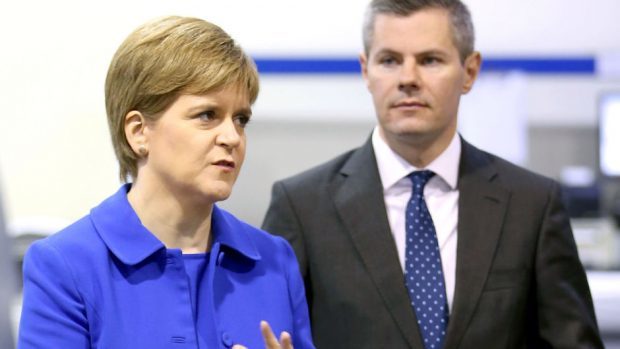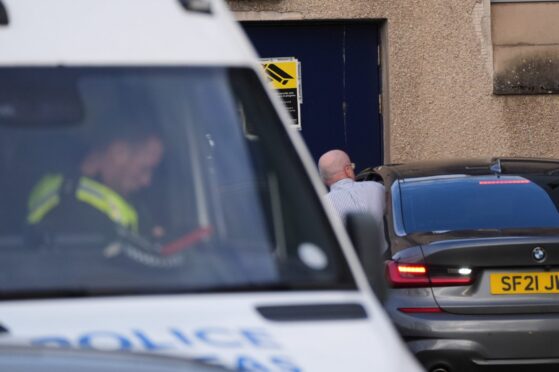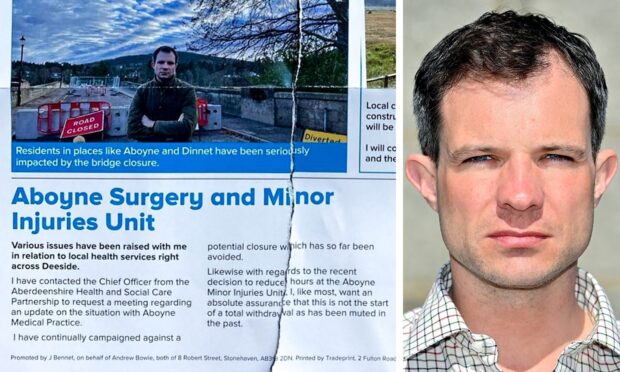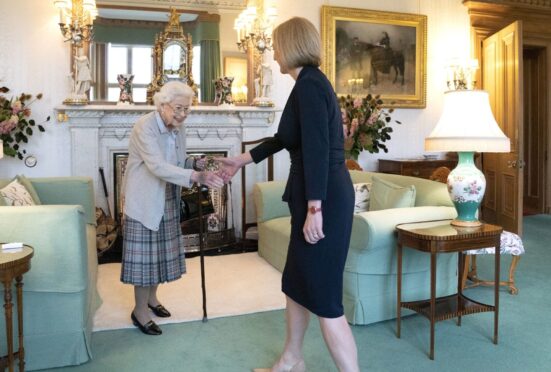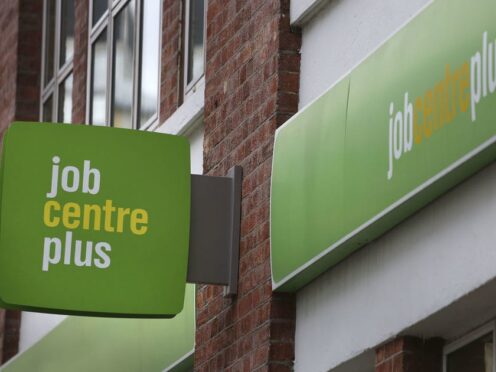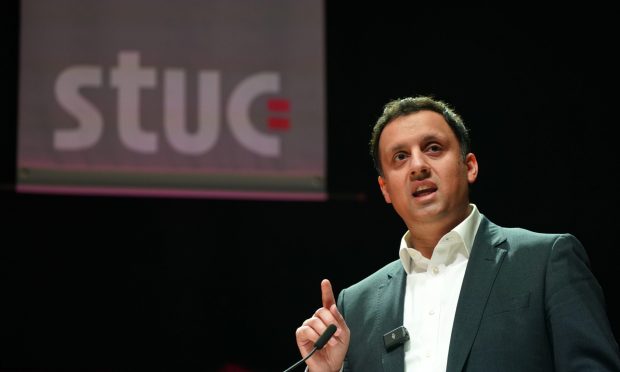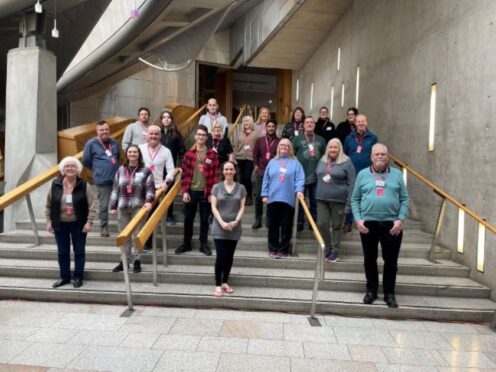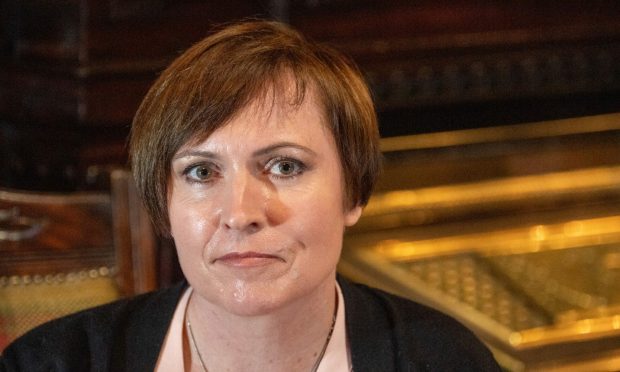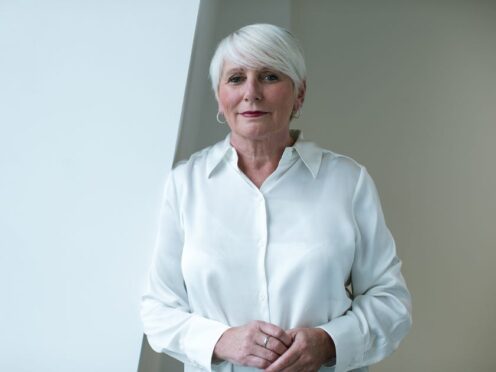The SNP relied on Conservative votes yesterday to narrowly dodge a bloody nose over what were described as “timid tweaks” to council tax.
The Scottish Government faced a Holyrood challenge from the Scottish Greens, who have accused ministers of dropping an overhaul of the system they claim would make it fairer.
The plans will see council tax bills go up for more expensive properties across the north and north-east.
But the proposals have been widely criticised for diverting locally-raised cash to fund services elsewhere in the country.
Aberdeenshire residents will shell out as much as £30million in extra council tax over the next five years, to be pumped into schools elsewhere in Scotland.
In Aberdeen, families could pay £17million to be spent on educating children elsewhere in the country over the same period.
Highland taxpayers will see more than £5million of their money spent elsewhere.
But in a rare committee vote, Finance Secretary, Derek Mackay, saw off the Greens’ challenge, with the help of two Scottish Conservative MSPs, to keep the SNP reforms on track.
Mr Mackay’s own motion, which asked for approval for raising the tax for Band E to H homes, was subsequently backed by the committee and will go before parliament for a full vote.
Andy Wightman, the Green MSP who lodged the amendment at the local government committee, said his motive was to “put on record the serious concerns” expressed by MSPs, councillors and unions.
He added: “The timid tweaks to council tax will undermine local democracy by appropriating funds from local authorities for national purposes.
“By refusing to revalue properties, the Government are compounding the fact that most properties are in the wrong band and paying the wrong amount.”
Earlier, the Church of Scotland called for the Scottish Government to fix the “inherently unfair” system by re-evaluating bands that are 25 years out of date.
Mr Mackay told MSPs the reforms were “not the end of the story” on council tax, but said a revaluation would not be “wise or necessary at this time”.
He added: “Revaluation would be a shock for many, it would have an administrative cost, it would take time to implement and I don’t think it would be particularly welcome.”
From April next year, those in Band E properties will automatically see their bill increase by 7.5%, rising to 22.5% in Band H under a multiplier system.
All other bands remain at the same level. Local authorities can choose to raise the tax by a maximum of 3%.
